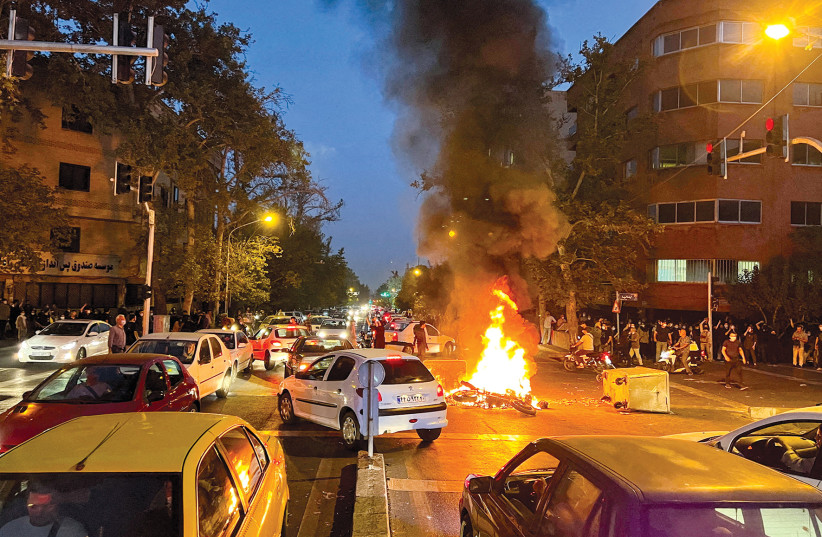Iran arrested several people it said were linked to a wave of school poisonings and accused some of connections to "foreign-based dissident media" and recent riots, according to an Interior Ministry statement shared by state media on Tuesday.
Over 1,000 girls have fallen ill after being poisoned since November, according to state media and officials, with some politicians blaming religious groups opposed to girls' education.
"Three members of a team of four people arrested have a history of being involved in recent riots and their connection to foreign-based dissident media has been ascertained," the statement said without elaborating.
The statement added that authorities arrested several people in six provinces in relation to school poisoning.

Punished by death if deliberate
On Monday, Iran's supreme leader said that poisoning schoolgirls was an "unforgivable" crime that should be punished by death if deliberate, amid public anger over a wave of suspected attacks in schools.
The Interior Ministry said one of the arrested individuals had transferred irritants to a school through their own child and shared footage of the aftermath with what the government called "hostile media."
The poisonings have come at a critical time for Iran's clerical rulers after a security crackdown mostly quelled a three-month nationwide protest movement sparked by the death of Mahsa Amini, a young woman who died on Sept. 16 while in police custody for flouting hijab rules.
